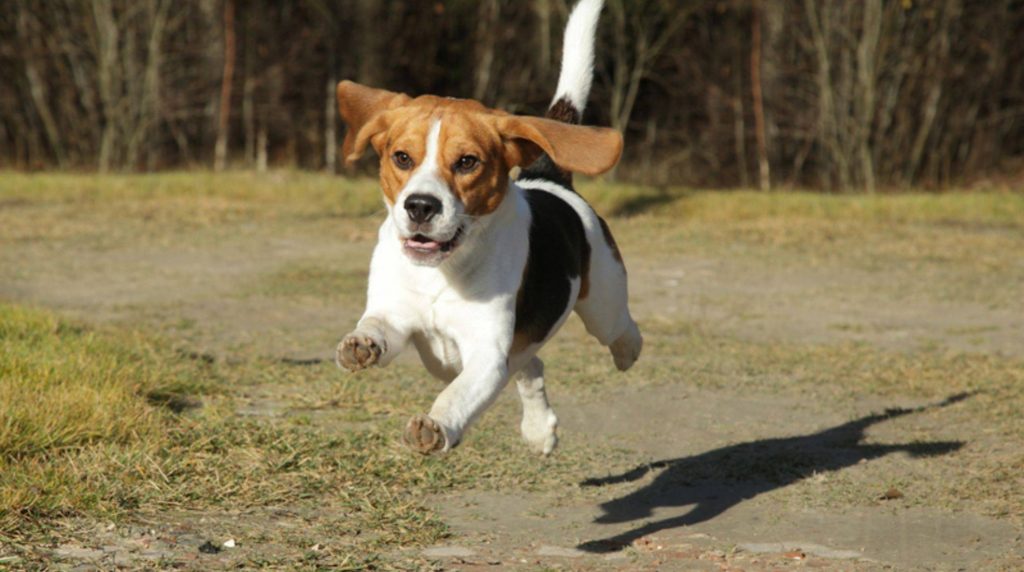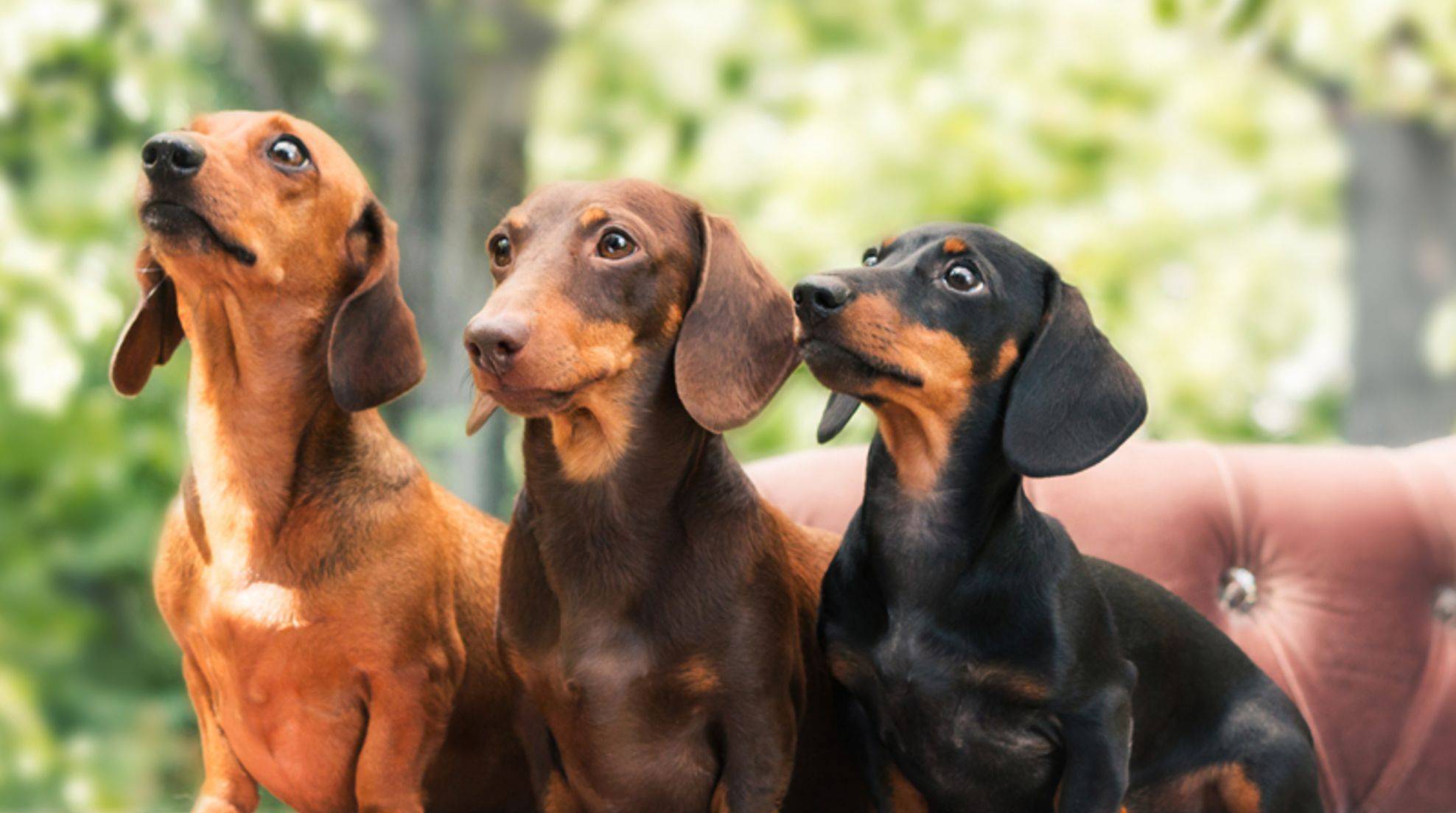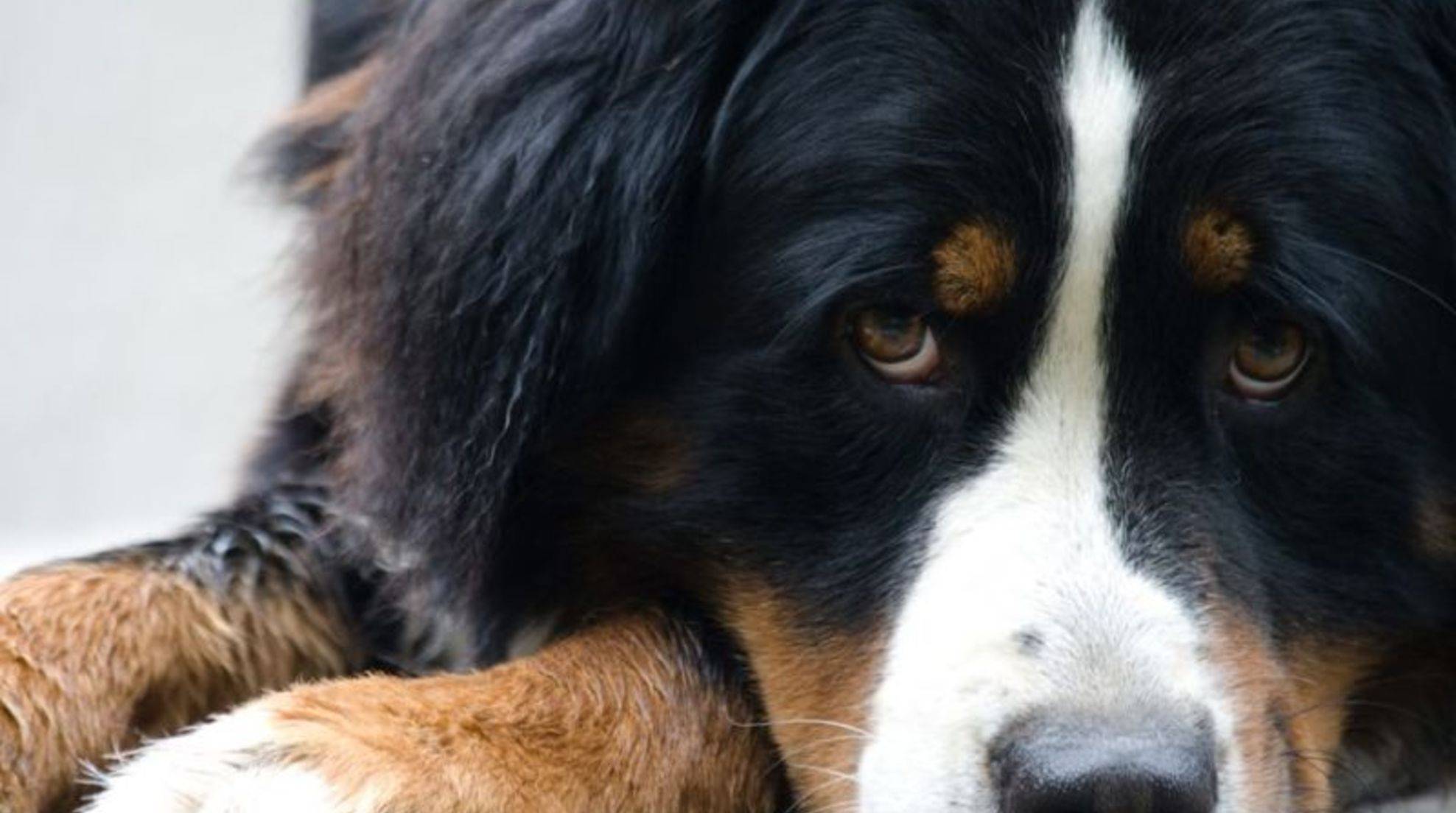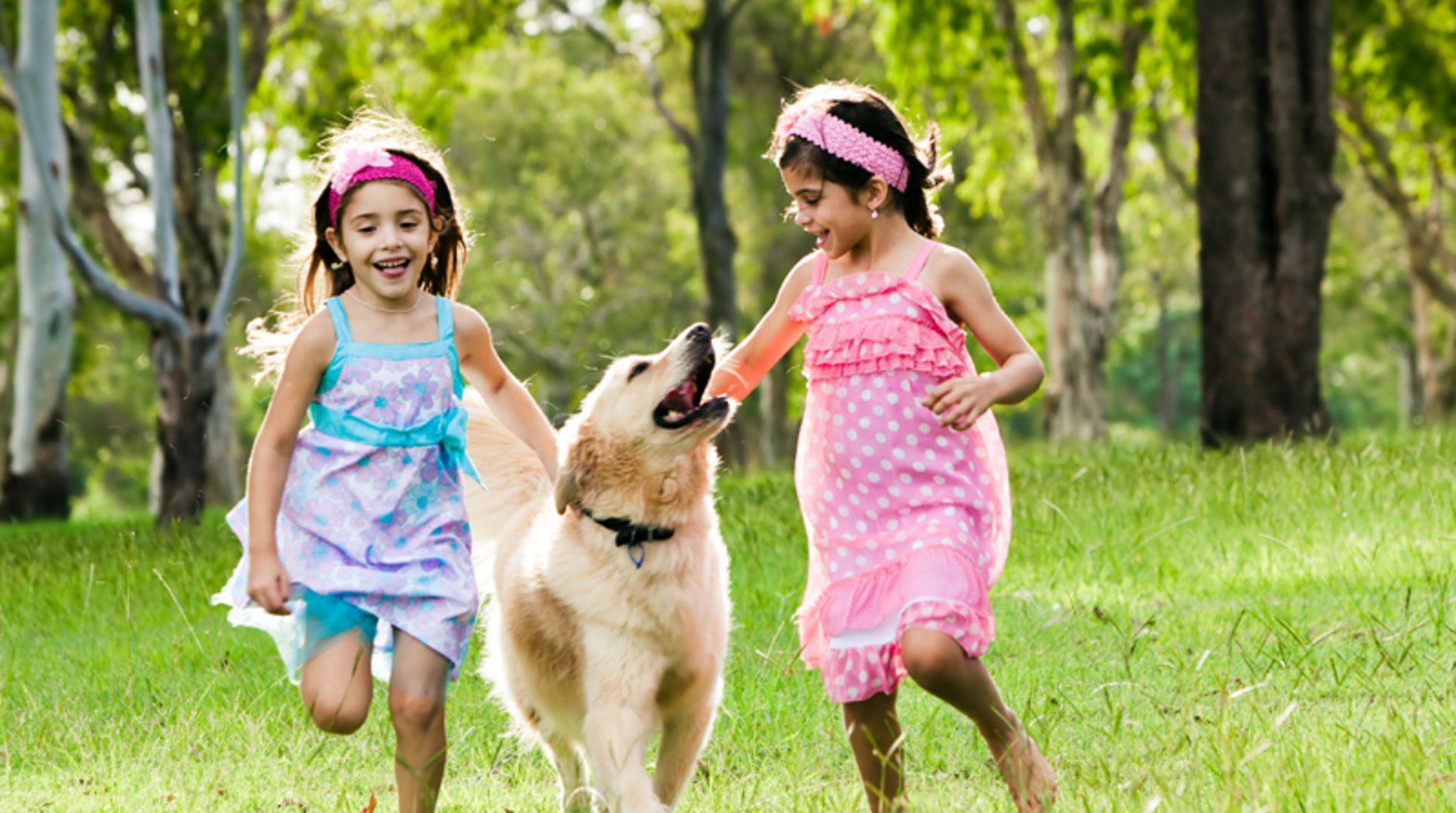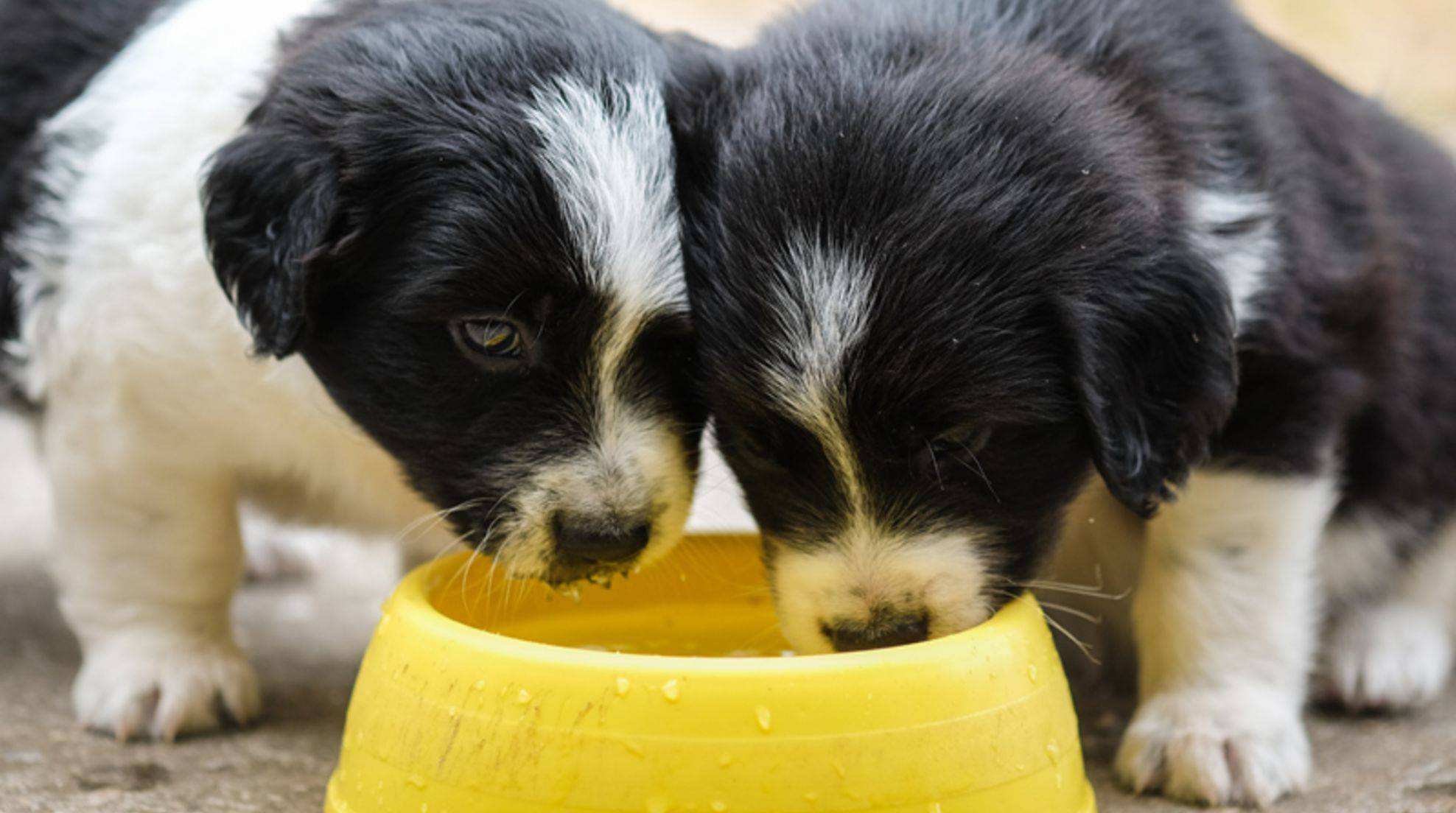Help! Dog chases everything that moves.
Your dog chases everything that moves, and you don’t know what to do? You can’t completely break the hunting habit in dogs, especially those that have been bred specifically to hunt. However, you can train your hunting dog so that he learns to control his impulses better.
If you want to break your dog’s hunting habit or steer his hunting instincts into calmer channels, you will have to be patient. Your dog will chase anything that moves because it gives him pleasure – he won’t let you take that away so easily.
If you reach a point in dog training where you are at your wit’s end, seek help from a dog school that offers so-called anti-hunting or hunting activity.
Why do dogs hunt in the first place?
The hunting instinct is more or less in dogs’ blood. Even though they have learned to cooperate with humans through thousands of years of domestication, they remain predators.
The wild ancestor of our domestic dogs, the wolf, changes its hunting behavior in the course of its life. As a young wolf, he hunts anything that moves, but he allocates his energy more efficiently as an experienced and mature hunter. He hunts only prey that is worthwhile for him and that he can kill with as little effort as possible. Wolves feed exclusively on their game and cannot afford to waste energy. However, they learn this only with increasing age.
Dogs, however, do not have to hunt to survive. They, therefore, behave similarly to young wolves, who hunt all sorts of things for practice and the fun of it. They fade out everything else during this time and focus only on the prey. When dogs chase after a supposed game, happiness hormones are released in their brain – so hunting is a self-rewarding behavior. If it is not stopped or limited in time, this can also take on an addictive character.
Wolves hunt in packs, and dogs also enjoy following their instincts together. Therefore, in dog groups, the animals may spur each other on. The others run along enthusiastically as soon as one quadruped is gripped by hunting fever.
Which dogs have a powerful hunting instinct?
How strong the hunting instinct is essentially depends on the breed of the dog. The slightest interest in hunting has social dogs, slightly disparagingly called “lapdogs.” They can usually be kept from rushing after supposed prey with ease by playing and spending time with their favorite humans. Protection, herding, and guard dogs are generally content to watch over the house, yard, and family or have some other meaningful task.
Furthermore, there are hunting dog breeds. The assumption is evident that all hunting dogs like to hunt, but it is unclear. Because hunting consists not only of chasing the prey but the following components:
● Locating
● Fixing or pointing
creeping up
Rushing
Packing
Kill
Retrieving the prey
About retrieving and co.
Problematic are only the behaviors that have to do with rushing, packing, and killing. However, there are also hunting dogs bred only for locating, fixing, and sneaking or only for retrieving. Thus, the potentially dangerous hunting instinct is not as pronounced in them. These include:
Pointing dogs (e.g., Weimaraner, Irish Red Setter, English Pointer).
● Welding dogs (e.g., Bavarian Mountain Welding Dog).
● Retrievers or retrieving dogs (e.g., Golden Retriever, Labrador).
Tracking dogs are also hunting dogs.
Hunting dogs are also largely self-sufficient, designed to track and flush prey to drive it toward the hunter. They are not responsible for grabbing and killing the game, but they can resist a scent with difficulty and tend to stubbornness. This applies to the following dog breeds:
● Earth dogs or construction dogs (e.g., terriers, dachshunds).
● Retriever dogs (e.g.: Cocker Spaniel, Kooikerhondje, English Springer Spaniel).
● Bracken (e.g.: German Bracke, Brandlbracke, Swiss Niederlaufhund).
Running dogs bring their prey out of puff.
The hunting instinct is most pronounced in so-called running dogs. They were bred to chase game over long distances, usually rushing in a pack until it tires. Typical running dogs are:
● Grand Bleu de Gascogne
● Bloodhound
● English Foxhound
● Otterhound
● Beagle-Harrier
● Beagle
Attention. Even mixed breeds with running dogs, Bracken, earth dogs, or retrievers among their ancestors can have a strong hunting instinct that encourages them to chase anything that moves.
Break the habit of misbehavior: Stop the dog from chasing.
You cannot train your dog not to hunt. However, it is possible to bring the hunting behavior under control so that your four-legged friend is no longer a danger to himself and others. This is the case, for example, if your dog chases cars, cyclists, and joggers. Action is also required if your four-legged friend pursues your neighbors’ pets, such as cats, rabbits, or chickens.
Also problematic is when your hunting dog chases wildlife – such as rabbits or deer. On the one hand, this can chase the game onto the road, where motorists and the animals themselves can come to harm. On the other hand, the animals are disturbed in the spring when they are rearing and caring for their young.
What can be done? Prohibitions alone do nothing because hunting behavior is instinctive. However, you can strengthen your four-legged friend’s other automatic behaviors and needs so that the hunting instinct takes a back seat. This means:
● Training impulse control and frustration tolerance.
● Practicing basic obedience with obedience training.
● Strengthening the bond between humans and dogs by playing games together.
● Directing the dog’s attention to the owner through orientation training
● Keeping the dog occupied and playing dog sports to keep him busy.
For this, you need a lot of patience and must remain consistent. It is better to use short, simple training sessions that you increase slowly than to overtax your dog with a full training schedule right away. However, you should also not under challenge your companion; after all, boredom is often the cause of undesirable to destructive dog behavior.
What is anti-chasing training at the dog school all about?
Some dog schools and dog trainers offer professional anti-hunting training, which can also be found in hunting training. In principle, you and your dog do the same thing you can do at home to curb the strong hunting instinct: you teach your dog that he no longer chases headlong after everything that moves but turns to you first.
The goal is for your four-legged friend to develop alternative behaviors that are more fun than chasing. It is often easier to stop the problem behavior with professional guidance and a structured approach.
If nothing helps: only let the dog outside on a leash
As long as your dog chases everything that moves and is difficult to restrain, it would help if you only took him outside on a leash. It is advisable to keep passionate hunters indoors and not in a kennel in the garden, where the neighbor’s cat can run in front of his nose at any time, or he can permanently sniff the scent traces of wild animals.
Some dogs you will never be able to let run off-leash despite intensive anti-hunting training. However, if the bond between you and your pet is good, and you have practiced leash walking with him enough, your dog will not mind much.

